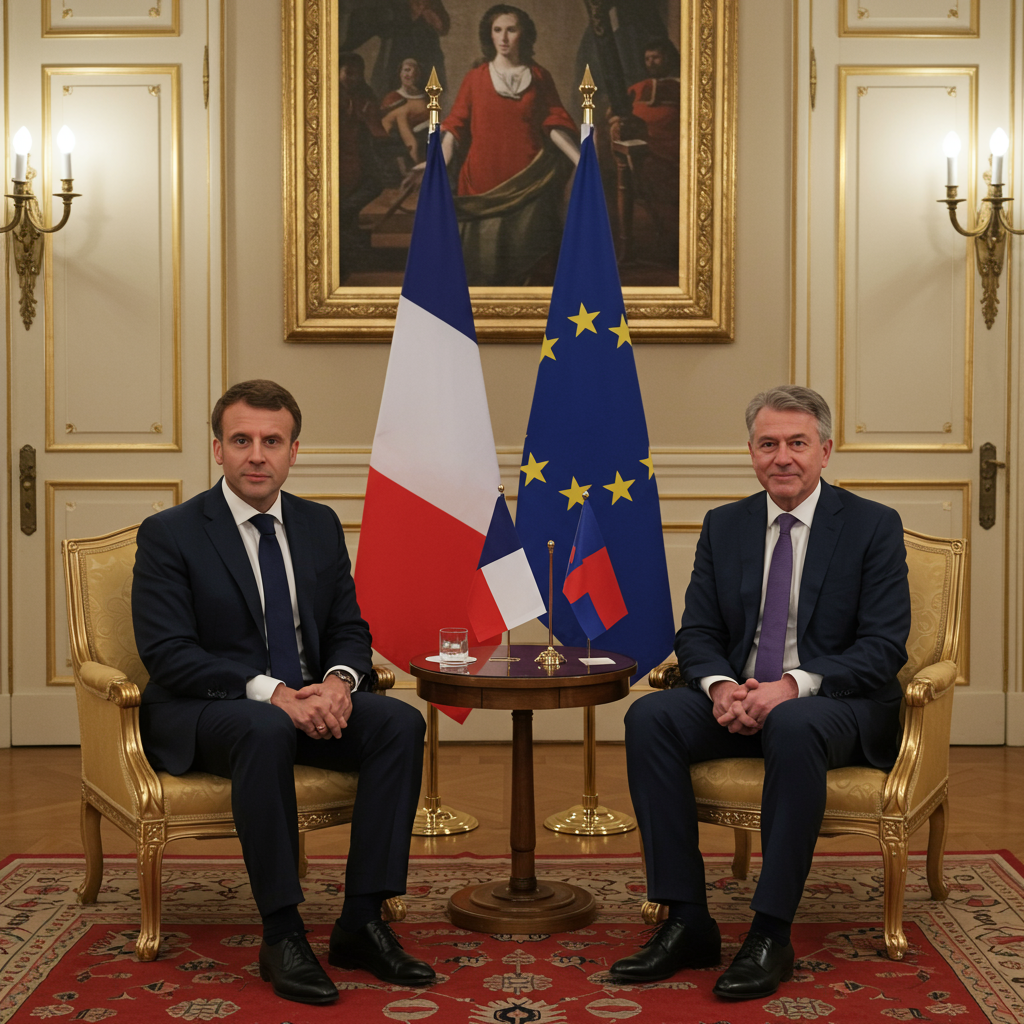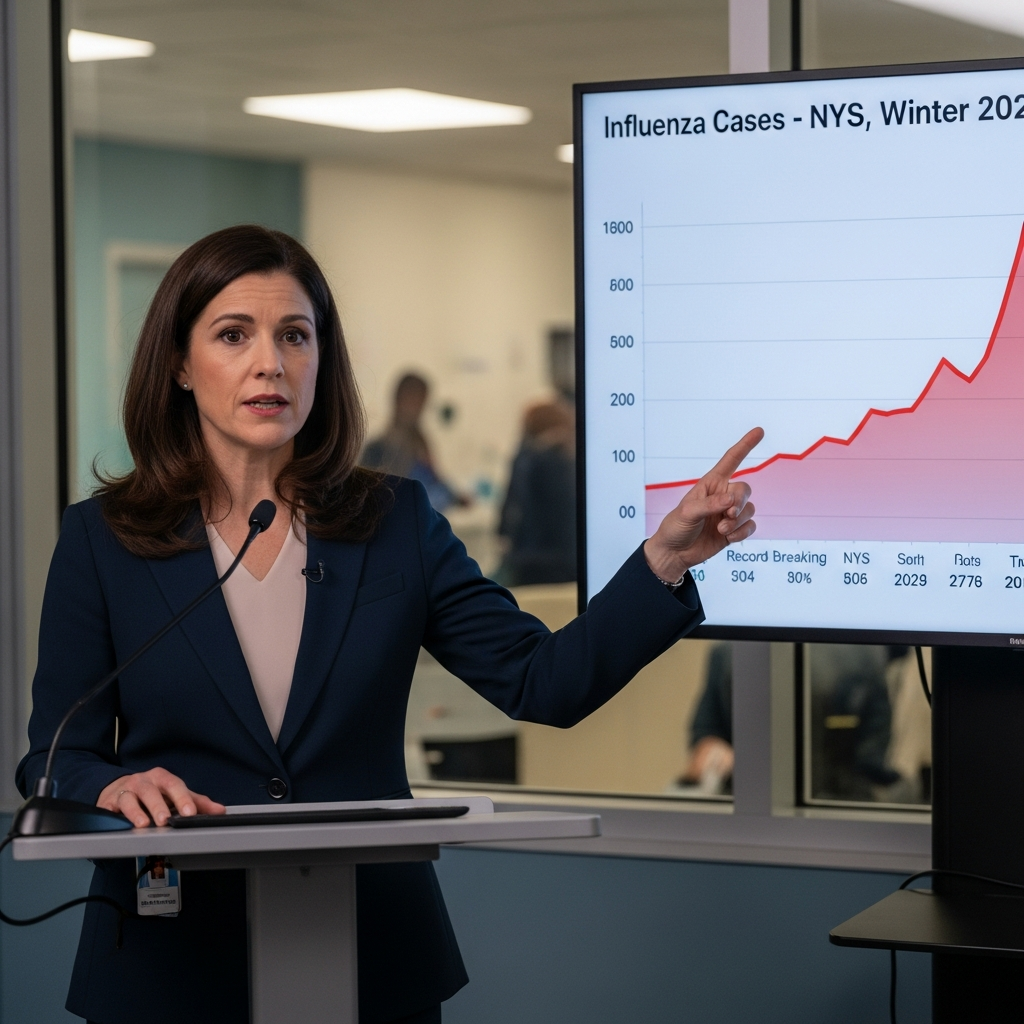The complex relationship between the United Kingdom and france is entering a new, critical phase. Following years marked by the often-acrimonious fallout from Brexit, both nations are now actively seeking a strategic reset. Symbolized by significant diplomatic exchanges, including a planned state visit by French President Emmanuel Macron to the UK in July 2025 – notably, the first by a european leader since Brexit – this shift underscores a shared recognition: in a volatile global landscape, a strong Anglo-French partnership is not just beneficial, it is essential.
Recent years saw trust erode, particularly during contentious negotiations and disputes over issues like fishing rights and submarine contracts. Public perception, fueled by rhetoric perceived as “France-bashing” by figures like former Prime Minister Boris Johnson, hit low points, famously highlighted by Liz Truss’s questioning of whether Macron was a “friend or foe.” However, under Prime Minister Rishi Sunak, and accelerating significantly since Keir Starmer took office in July 2024, a thaw has begun. Starmer and Macron reportedly meet with “unusual often” regularity, signaling a commitment to burying past grievances and focusing on common ground. This pivot is driven less by nostalgic sentiment and more by pressing geopolitical realities.
Shared Security and Geopolitical Imperatives
The current international environment presents a compelling case for closer UK-France cooperation. Both nations are permanent members of the UN Security Council and possess comparable diplomatic and military capabilities. Experts like Sébastien Maillard of the Jacques Delors Institute argue that this shared standing compels them to “cling to an order based on international law” amidst rising global instability. The ongoing war in Ukraine and the complexities in the Middle East demand a united European front, particularly with the unpredictability surrounding the US presidency.
Security and defence ties, while strained by the overall political chill of the Brexit years, largely remained intact. The renewed push aims to deepen this critical cooperation. Both the UK and France are recognized leaders in the “coalition of the willing” providing vital support to Ukraine. A stronger bilateral relationship sends a clear message to potential adversaries and reassures allies that the two major European powers are aligned on core values and committed to collective defence and increased military capabilities.
Planning for European Security
A significant, though sensitive, driver for Anglo-French alignment is the future of European defence, particularly nuclear deterrence. Rising doubts about the reliability of US support for the UK’s Trident nuclear arsenal maintenance, exacerbated by fears of a potential breakdown in the transatlantic relationship under a future US administration led by Donald Trump, are prompting serious consideration of alternatives. While the UK maintains its deterrent is operationally independent, its infrastructure remains deeply reliant on the US, a dependency stemming from a 1958 agreement covering design, manufacturing, and maintenance of key components.
Defence analysts, including former officials and experts like Sir Malcolm Rifkind and Dr. Marion Messmer, emphasize the necessity of planning for a scenario where US support is curtailed. Developing independent alternatives would be “hugely complicated” and expensive. This context makes cooperation with France the most obvious path forward. Discussions could potentially involve adapting France’s nuclear delivery vehicle designs, though this requires France’s willingness to share highly sensitive information. The broader European context includes French President Macron’s apparent openness to discussing France’s nuclear umbrella and potential financial contributions from other European states like Germany. Labour MP Calvin Bailey highlights France as Britain’s most obvious partner for ensuring European security alongside existing alliances like Aukus.
The Persistent Challenge of Channel Migration
Despite the positive trajectory in strategic relations, a major and deeply difficult issue continues to test the partnership: the significant number of asylum seekers attempting to cross the English Channel from France in small boats. This issue is marked by tragic deaths and poses immense political pressure in both countries, fueled by rising far-right and anti-immigration sentiment led by figures like Marine Le Pen and Nigel Farage.
Numbers remain high, with nearly 20,000 people arriving in the UK via small boats by mid-August 2024, a substantial increase compared to the same period in the previous year. The human cost is stark, with at least 17 fatalities recorded this year and a record 78 in the preceding year. Both nations are engaged in joint funding and French police efforts are deployed on the coast, but current measures have not stemmed the flow effectively. France is reportedly considering allowing police to intercept UK-bound boats within 300 metres of its coast, pending legal decisions, with announcements potentially anticipated at upcoming summits. Christian Lequesne of Paris’s Sciences Po university notes that while politically charged, the improved overall relationship provides a better foundation, however challenging, for addressing this complex and emotional issue.
Navigating Other Friction Points: Fisheries
Fisheries also remain a point of potential friction, rooted in deep-seated disagreements from the Brexit negotiations. The UK’s departure from the EU’s Common Fisheries Policy (CFP) aimed to gain control over its waters, a policy many UK fishers felt unfairly favored EU vessels based on historical catch data. While the final Trade and Cooperation Agreement (TCA) saw the EU return 25% of its catch share in UK waters phased over five and a half years, this amounted to less than a 10% increase in total UK catch share within its own waters, mainly benefiting large offshore vessels.
Implementation has seen disputes, including threats over fishing licenses for smaller French vessels in 2021 and the EU initiating legal proceedings over the UK’s environmental ban on sand eel fishing. A recent complaint from Belgium in April 2025 regarding the treatment of its fishing boats underscores that these issues persist. The fisheries chapter of the TCA is set to expire in June 2026, coinciding with the energy chapter. This expiry necessitates renegotiation, and while the EU seeks a multi-year deal for fleet certainty, the future allocation of quota shares could be subject to annual negotiations, potentially linking fishing rights to broader UK-EU relationship talks. Despite fishing’s relatively small economic contribution (less than 0.4% of UK output), its high geographic concentration makes it politically sensitive in specific coastal regions in both the UK and France. Post-Brexit paperwork has significantly hampered UK seafood exports to the vital EU market.
UK’s Broader European “Reset”
The renewed focus on the relationship with France sits within Prime Minister Keir Starmer’s stated ambition to “reset” the UK’s ties with Europe following the strain of the Brexit years. Starmer has been explicit that this reset does not mean reversing Brexit or rejoining the European Union. Instead, it prioritizes practical cooperation on shared challenges like security, migration, and potentially trade facilitation. His meeting with Macron in August 2024, following a meeting with German Chancellor Olaf Scholz focused partly on migration, exemplifies this approach. While the UK will not rejoin schemes like the EU youth mobility program, the emphasis is on finding pragmatic solutions and deepening collaboration where national interests align, with France being a crucial partner in this post-Brexit strategy.
Frequently Asked Questions
Why are UK and France prioritizing relations now?
The UK and France are deepening ties due to shared geopolitical concerns in a volatile world. Key drivers include coordinating support for Ukraine, managing the uncertainties of the transatlantic relationship (especially regarding potential shifts in US foreign policy), and the need for robust defence and security cooperation. As major European powers and permanent UN Security Council members, both recognize their essential role in upholding international law and addressing global crises, making a strong bilateral relationship strategically necessary.
What are the main challenges in the UK-France relationship?
Despite strategic alignment, significant operational and political challenges remain. The most prominent is the issue of irregular migration across the English Channel in small boats, marked by high numbers of arrivals and tragic fatalities, which faces domestic political pressures in both nations. Fisheries remain a point of friction, stemming from post-Brexit access and quota disputes, with the agreement set for renegotiation in 2026, potentially linking to broader UK-EU talks.
How does the UK’s relationship with France fit into its post-Brexit strategy?
Under Prime Minister Keir Starmer, the UK aims for a “reset” with Europe focused on practical cooperation rather than rejoining the EU. The enhanced relationship with France is a cornerstone of this strategy. It involves deepening collaboration on defence, security, and energy, addressing shared challenges like migration, and potentially exploring new avenues for European self-reliance, such as cooperation on nuclear deterrence planning, positioning France as a key strategic partner in the UK’s new relationship with the continent.
The Road Ahead
The UK and France are consciously choosing to forge a new chapter in their long, complex history. The current drive towards a stronger, more pragmatic relationship is a clear acknowledgement that shared strategic interests in security, defence, and global stability outweigh the lingering friction from the Brexit process. While difficult issues like Channel migration and fisheries will continue to require careful negotiation and political will, the underlying geopolitical currents are pushing London and Paris closer. This renewed focus on a “necessary partnership” is vital not only for the two countries but for the broader security and coherence of Europe in an increasingly uncertain world.




